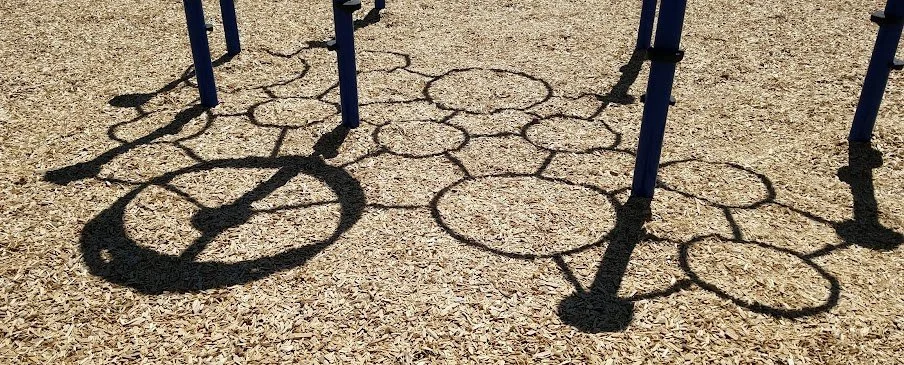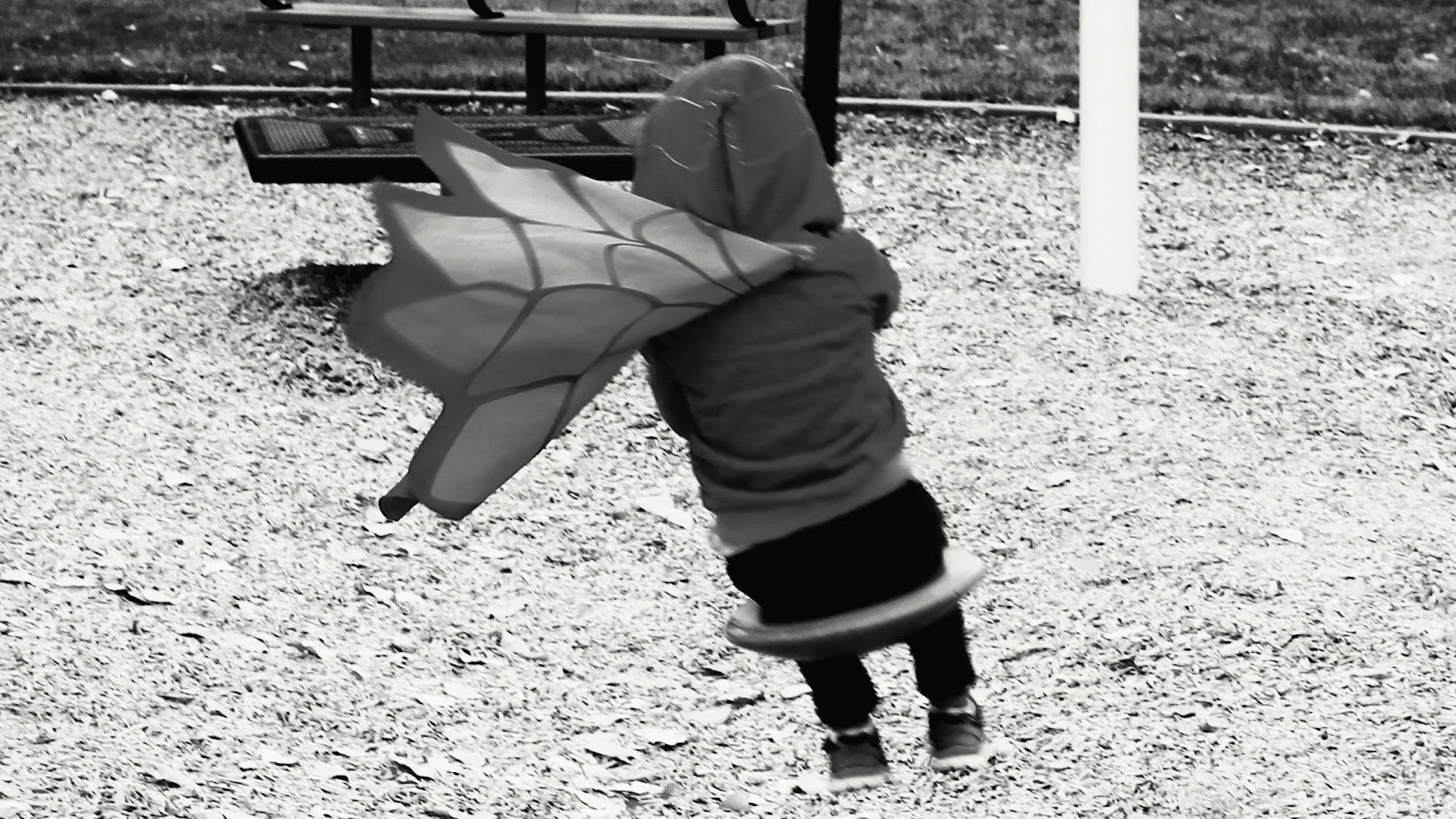Search by topic, theme, or feeling

Somatic Practices for Nervous System Resilience in Neurodivergent Adults
Somatic therapy offers a hopeful pathway for neurodivergent individuals to gently expand their nervous system's window of tolerance.

Not All in Your Head: Somatic Approaches to Anxiety
Anxiety is not always a product of “overthinking”; it is often a legitimate response to tangible external pressures. By integrating somatic strategies that honor this reality, we can build resilience without dismissing the very real stressors that shape our lived experience.

Finding Your Voice: Self Advocacy for Neurodivergent Individuals
For neurodivergent individuals, self advocacy often requires translating fundamental needs into a foreign language of social norms.

Building Your Inner Witness: Neuroinclusive Pathways to Awareness
Cultivating an internal witness is a vital skill for mental wellbeing, accessible to all neurotypes through tailored pathways.

Neurodivergent neuroception and building a personal safety inventory
For neurodivergent individuals, the subconscious process of neuroception, which scans for safety, can be uniquely sensitive, impacting social energy and daily life. This post explores how a personalized safety inventory and dedicated rest can help regulate the nervous system and foster well-being.

Mapping the Inner World: Interoceptive Awareness for Neurodivergent Wellbeing
For many neurodivergent individuals, decoding the body's internal signals can be a profound challenge.

Feeling Erased: Reclaiming Presence After Trauma
Trauma can create a profound and haunting sense of being erased, as if one's inner reality has been rendered invisible.

The Complex Intersection of Neurodivergent Minds and Self Harm
Self harm ideation in neurodivergent individuals often represents a nervous system's survival response to overwhelming distress, not a symptom of brokenness.

What the Pufferfish Teaches Us About Neurodivergent Protections
Like the pufferfish that inflates to create safety, the neurodivergent nervous system uses protective behaviors like withdrawal or irritability as a response to overload.

Decoding Suicidal Ideation in Trauma Survivors
The emergence of suicidal thoughts following trauma is often not a desire to die, but a desperate, somatic plea for the overwhelming pain to stop.

Neurodivergence, Communication Trauma, CPTSD and Embodied Healing
For many neurodivergent individuals, the very act of communication can become a source of profound and repeated trauma.

When the Healing Hurts: Recognizing and Addressing Therapeutic Harm
The therapeutic relationship, intended as a sanctuary for healing, can sometimes become a source of retraumatization when a therapist's unexamined biases, reactions, or rigid methodologies cause harm.

Why Neurodivergent People May Thrive in Somatic Therapy
Traditional talk therapies like CBT often operate from the top down, focusing on changing thoughts to influence emotions and body states. In contrast, somatic psychotherapy works from the bottom up, helping clients regulate their nervous system to create new cognitive and emotional experiences.

Intergenerational Inheritance and the Body
The body is a living archive of ancestral history, holding biological, emotional, and cultural imprints that shape our present experience.

The Impact of Internalized Behavioral Criticism on Neurodivergent Children
Persistent behavioral criticism of neurodivergent children can lead to lasting self-esteem challenges and emotional distress, with deeper impacts than those experienced by neurotypical peers. Affirming their unique needs fosters resilience and self-acceptance.

Understanding Sensory Issues in Neurodivergent Individuals and Pathways to Accommodation
Neurodivergent individuals often face sensory processing challenges that impact daily life. Therapists can help identify these needs and advocate for accommodations to foster inclusivity and well-being.

The Grooming Dynamic in Sexual Assault: How Harmless Appearances Can Mask Harmful Intent
Grooming in sexual assault often begins with seemingly harmless actions, masking its true intent. Recognizing these subtle manipulations is key to prevention and protection.

Navigating Neurodivergent Challenges with Routine Disruptions: A Compassionate Approach
For neurodivergent individuals, routine disruptions can be deeply dysregulating.

Erotic Confusion and Body Memory in Sexual Assault Survivors
Erotic confusion and body memory in sexual assault survivors are reflexive responses, not signs of consent.

Theory of Mind Challenges in Neurodivergent Relationships
Neurodivergent individuals may experience challenges with theory of mind, leading to misunderstandings in relationships.
